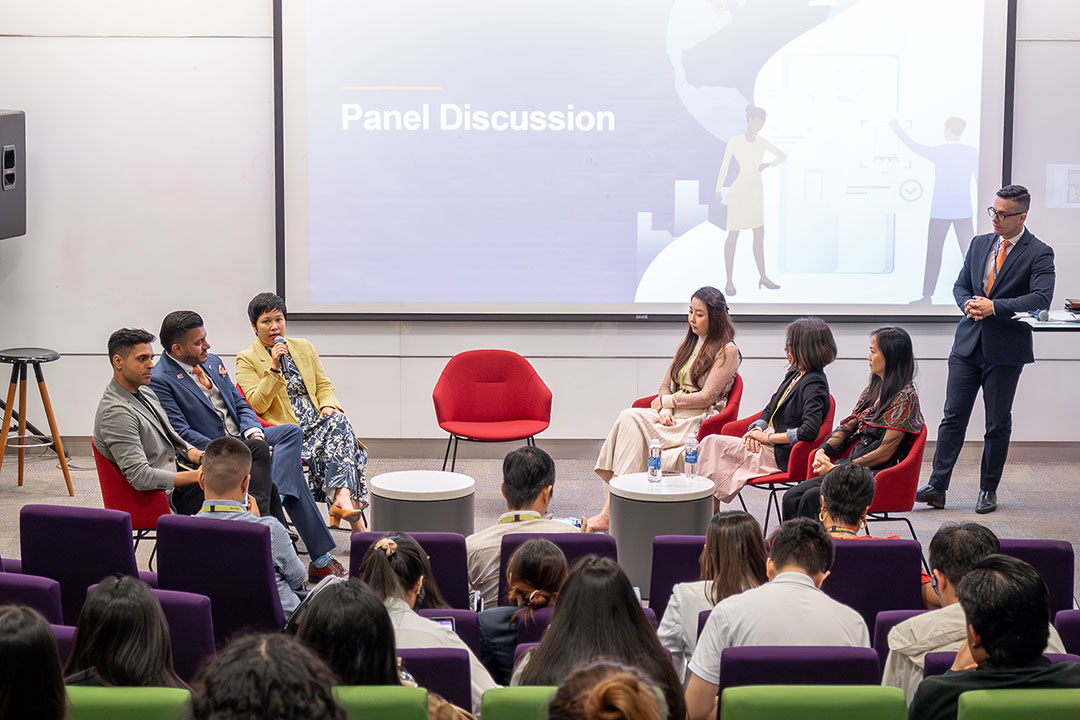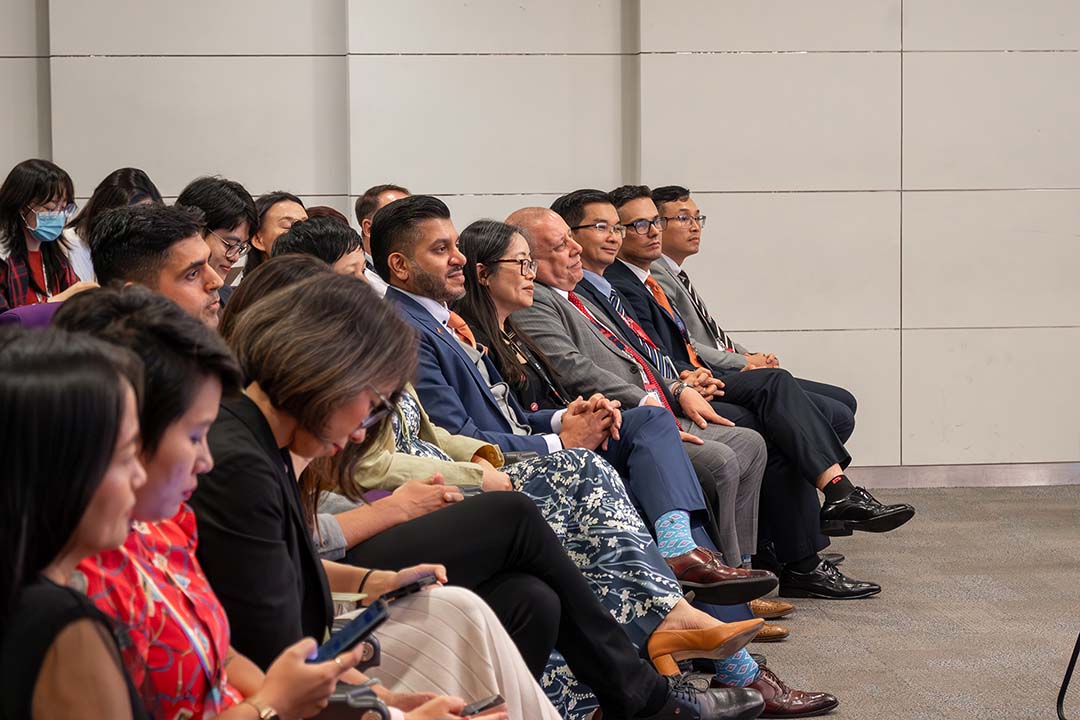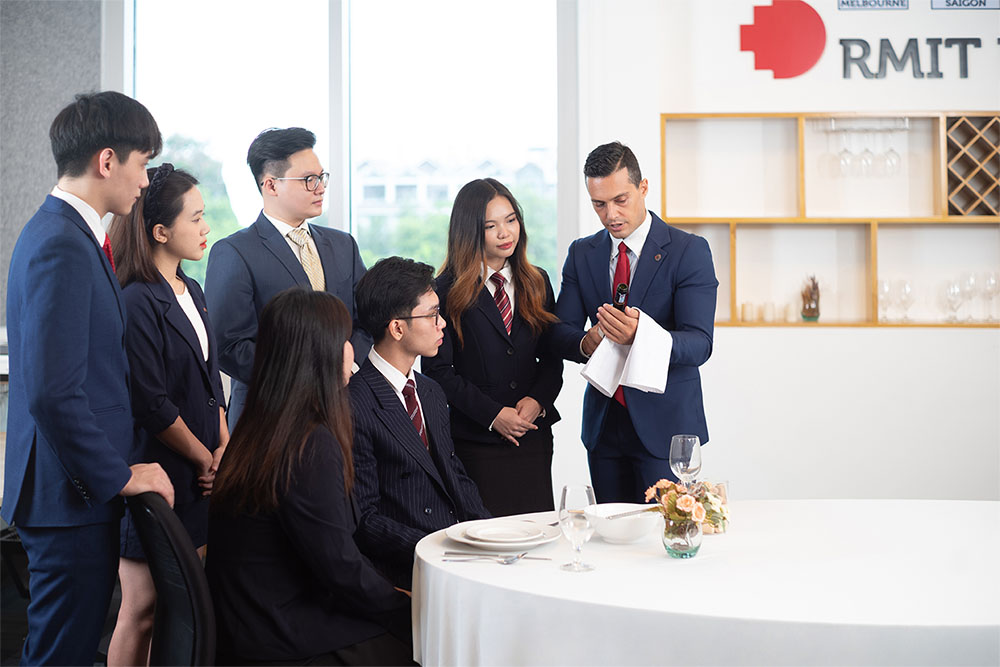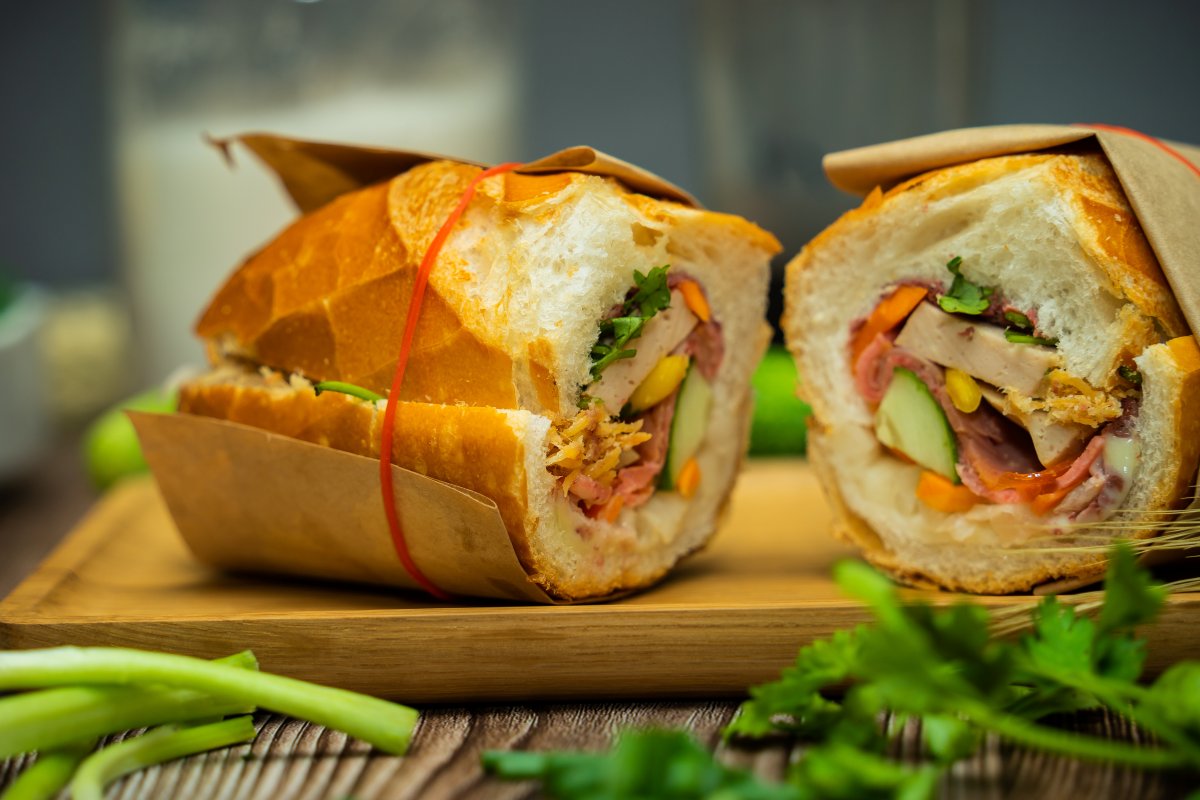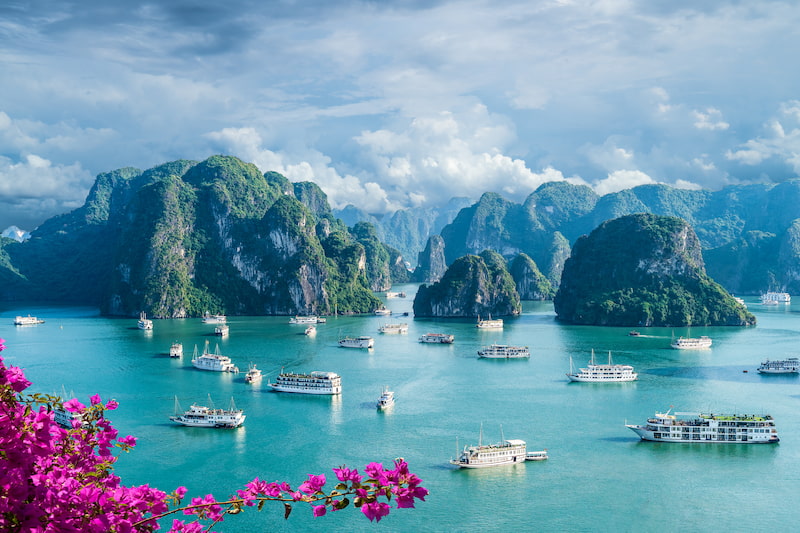Emerging as game-changers in the tourism industry, virtual and augmented reality (VR/AR) can provide customers with immersive experiences that allow them to explore destinations before they even arrive. According to a report by Greenlight Insights, the VR/AR market in the travel industry is expected to reach $2.4 billion by 2023.
Dr Ribeiro summarised: “The use of cutting-edge technologies such as mobile devices, AI, and VR/AR can help businesses create unique and personalised travel experiences that meet the evolving needs of today's travellers.”
Mr Varun Grover, Country Head of Vietnam and South Thailand at Booking.com stated: “Empowering the future of travel through technology and innovation requires a three-pronged approach: a steadfast commitment to sustainable travel, a visionary perspective on connected trips, and the continuous pursuit of an easier and safer booking process.
“At Booking.com, we empower the future of travel through the integration of sustainability into our innovations. One example is our Travel Sustainable Program - a credible globally relevant sustainability measure that provides information to travellers all over the world looking to make more sustainable travel choices. Currently, we have over 500,000 properties globally that are being recognised for their sustainability efforts with a Travel Sustainable badge including over 5,000 in Vietnam.
“By investing in the technology that helps take the friction out of travel, we seamlessly connect millions of travellers with memorable experiences, a range of transportation options and incredible places to stay - from homes to hotels, apartments to villas and more,” he said.
Education meets action
According to Dr Ong, going forward, the development of a wide range of tourism senior managers is essential for the success of the tourism industry in Vietnam.
“The fundamental basis for developing the next generation of senior managers in the tourism and hospitality sector is a specialised business degree. RMIT University Vietnam provides the platform for this in Vietnam through its Tourism and Hospitality Management degree, where future tourism and hospitality leaders could receive a well-rounded education,” said Dr Ong.
Ms Thu emphasised: “Students, specifically, those from RMIT, are the future of hospitality landscape. Strengthening bonds through immersive hotel tours bridges the gap between theory and practice. With our shared dedication, we are crafting a sustainable world, where education meets action.”

